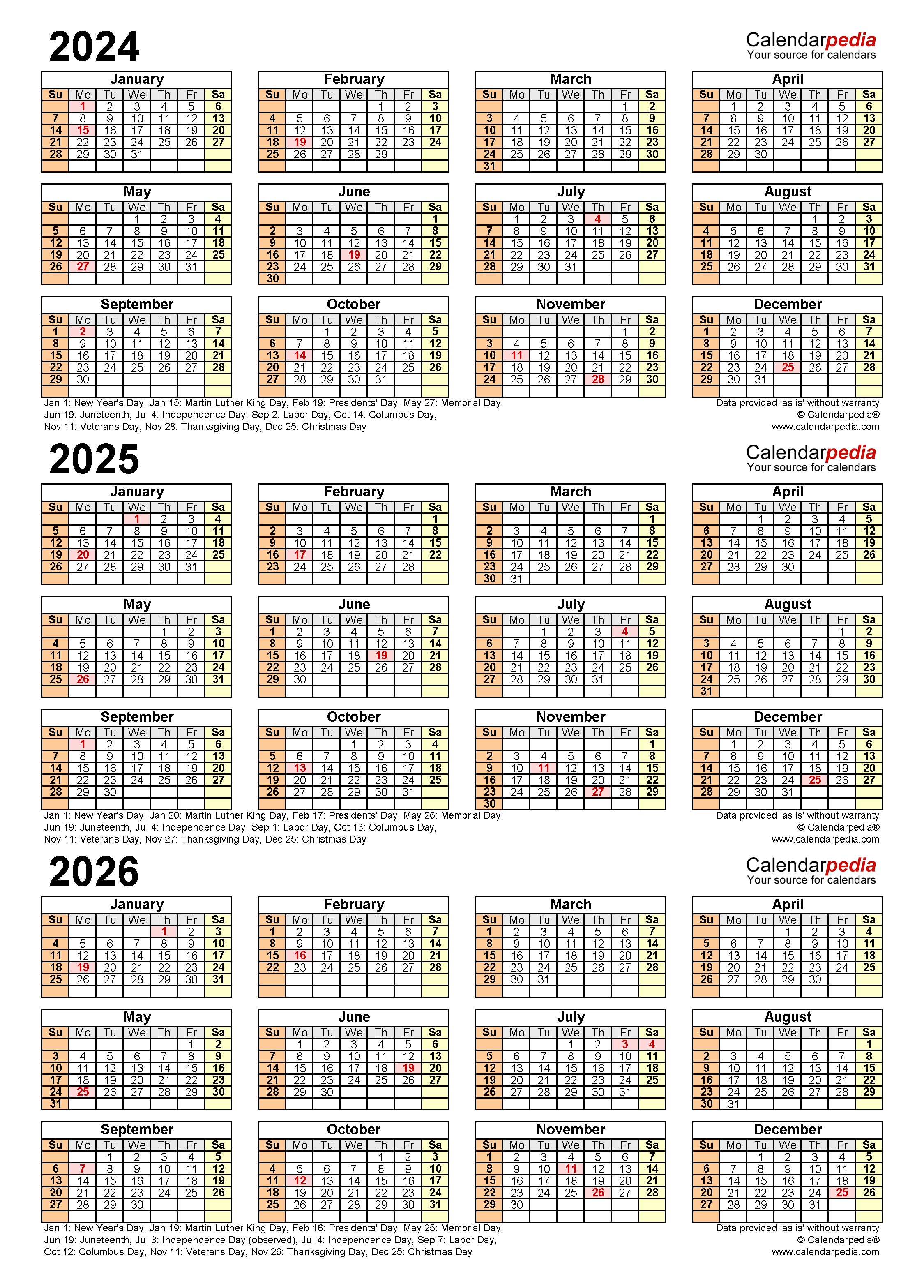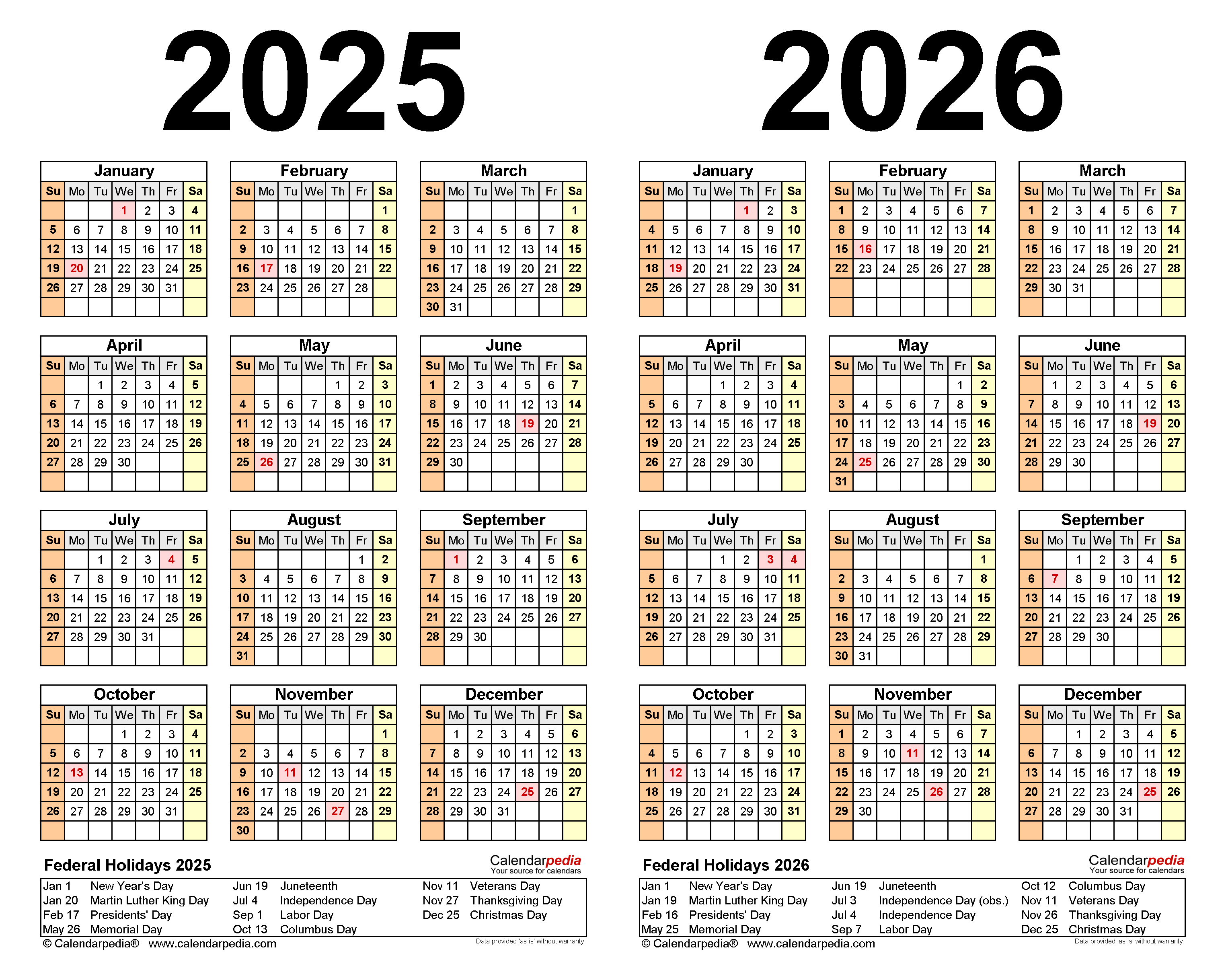The Power Of Organization: A Comprehensive Guide To 52-Week Calendars For 2026
The Power of Organization: A Comprehensive Guide to 52-Week Calendars for 2026
Related Articles: The Power of Organization: A Comprehensive Guide to 52-Week Calendars for 2026
Introduction
With enthusiasm, let’s navigate through the intriguing topic related to The Power of Organization: A Comprehensive Guide to 52-Week Calendars for 2026. Let’s weave interesting information and offer fresh perspectives to the readers.
Table of Content
- 1 Related Articles: The Power of Organization: A Comprehensive Guide to 52-Week Calendars for 2026
- 2 Introduction
- 3 The Power of Organization: A Comprehensive Guide to 52-Week Calendars for 2026
- 3.1 Understanding the Significance of 52-Week Calendars
- 3.2 Key Features of a 52-Week Calendar
- 3.3 Practical Applications of 52-Week Calendars
- 3.4 FAQs about 52-Week Calendars
- 3.5 Tips for Utilizing a 52-Week Calendar Effectively
- 3.6 Conclusion
- 4 Closure
The Power of Organization: A Comprehensive Guide to 52-Week Calendars for 2026

In the contemporary world, characterized by an ever-increasing pace of life, effective time management is paramount. The ability to plan, prioritize, and execute tasks efficiently is a crucial skill, and a reliable tool for achieving this is a comprehensive calendar. While digital calendars offer convenience and flexibility, the tangible nature of a printed calendar provides a unique advantage: a visual representation of the entire year, fostering a sense of perspective and control.
A 52-week calendar for 2026, in particular, offers a robust framework for organizing and managing one’s time throughout the year. This comprehensive guide explores the benefits, features, and practical applications of these calendars, providing a detailed understanding of their potential for enhancing productivity and achieving personal and professional goals.
Understanding the Significance of 52-Week Calendars
A 52-week calendar offers a distinct advantage over traditional calendars by presenting a complete overview of the entire year. This holistic perspective allows for:
- Long-Term Planning: The ability to visualize an extended timeframe enables individuals to plan for major events, projects, and milestones well in advance. This proactive approach minimizes stress and promotes a sense of preparedness.
- Goal Setting and Tracking: By observing the entire year at a glance, individuals can set realistic goals, break them down into manageable tasks, and track their progress over time. This fosters accountability and motivation.
- Time Management: The calendar provides a visual reminder of upcoming deadlines, appointments, and commitments, allowing individuals to allocate their time effectively and prioritize tasks. This minimizes the risk of overcommitting or overlooking important events.
- Increased Productivity: By organizing tasks and commitments, individuals can minimize distractions and focus on completing high-priority activities. This streamlined approach leads to increased efficiency and productivity.
Key Features of a 52-Week Calendar
A well-designed 52-week calendar incorporates several features that enhance its usability and effectiveness:
- Weekly Layout: The calendar typically displays each week on a separate page, allowing for ample space to write down appointments, tasks, and notes. This detailed view facilitates efficient scheduling and task management.
- Monthly Overview: Most calendars include a monthly overview, providing a broader perspective of the year’s layout. This feature helps in identifying key dates, holidays, and significant events.
- Notes Section: Many calendars feature dedicated space for notes, allowing users to jot down ideas, reminders, or important information. This integrated feature eliminates the need for separate notepads.
- Holiday and Observances: The calendar typically includes a list of national holidays and other significant observances, ensuring that individuals are aware of important dates throughout the year.
- Customizable Options: Some calendars offer customizable features such as adding personal notes, setting reminders, and color-coding events. This personalization allows individuals to tailor the calendar to their specific needs.
Practical Applications of 52-Week Calendars
The applications of 52-week calendars extend beyond personal use, encompassing various aspects of life:
- Personal Organization: From managing appointments and schedules to tracking goals and deadlines, 52-week calendars are indispensable for individuals seeking to improve their organization and time management skills.
- Academic Planning: Students can utilize these calendars to schedule classes, exams, assignments, and extracurricular activities, ensuring a well-balanced and productive academic year.
- Professional Management: Professionals can use 52-week calendars to plan projects, track deadlines, manage client meetings, and organize work schedules, enhancing efficiency and productivity.
- Financial Planning: By using a calendar to track expenses, income, and financial goals, individuals can gain a comprehensive overview of their financial situation and make informed decisions.
- Health and Wellness: 52-week calendars can be used to schedule fitness routines, track healthy eating habits, and monitor progress towards personal wellness goals.
FAQs about 52-Week Calendars
Q: What are the benefits of using a 52-week calendar over a traditional calendar?
A: A 52-week calendar offers a comprehensive overview of the entire year, enabling long-term planning, goal setting, and efficient time management. It provides a visual representation of the year, fostering a sense of perspective and control.
Q: How can I choose the right 52-week calendar for my needs?
A: Consider your individual requirements, such as size, layout, and features. Assess whether you need customizable options, dedicated note sections, or specific holiday listings.
Q: How can I maximize the benefits of using a 52-week calendar?
A: Dedicate time each week to review the calendar, plan upcoming tasks, and schedule appointments. Utilize the note section for ideas, reminders, and important information.
Q: Are there any drawbacks to using a 52-week calendar?
A: Some individuals may find the physical nature of a printed calendar less convenient than digital options. However, the tangible aspect can also be a benefit, providing a visual reminder of commitments and goals.
Tips for Utilizing a 52-Week Calendar Effectively
- Start Early: Begin using the calendar at the start of the year to maximize its benefits.
- Plan in Advance: Schedule important events, deadlines, and commitments well ahead of time.
- Break Down Large Tasks: Divide large projects into smaller, manageable tasks, making them less daunting.
- Prioritize Tasks: Identify high-priority activities and allocate time accordingly.
- Be Realistic: Set achievable goals and avoid overcommitting.
- Review Regularly: Take time each week to review the calendar, update entries, and make necessary adjustments.
Conclusion
A 52-week calendar for 2026 provides a powerful tool for organizing time, setting goals, and achieving personal and professional aspirations. By embracing the benefits of a comprehensive overview, individuals can gain a greater sense of control over their time, enhance their productivity, and navigate the complexities of modern life with greater ease and efficiency. Whether for personal, academic, or professional purposes, a well-utilized 52-week calendar can serve as a valuable companion in the journey towards a more organized and fulfilling year.








Closure
Thus, we hope this article has provided valuable insights into The Power of Organization: A Comprehensive Guide to 52-Week Calendars for 2026. We hope you find this article informative and beneficial. See you in our next article!